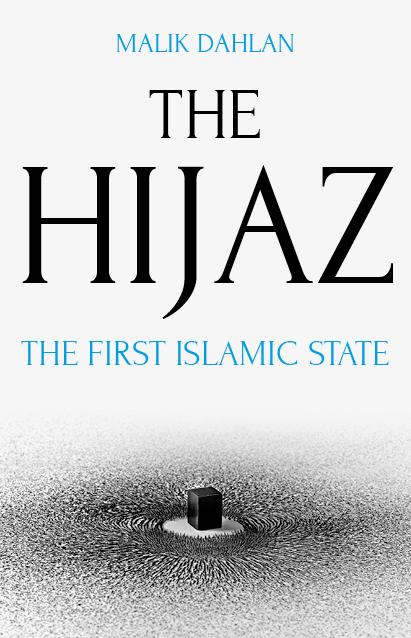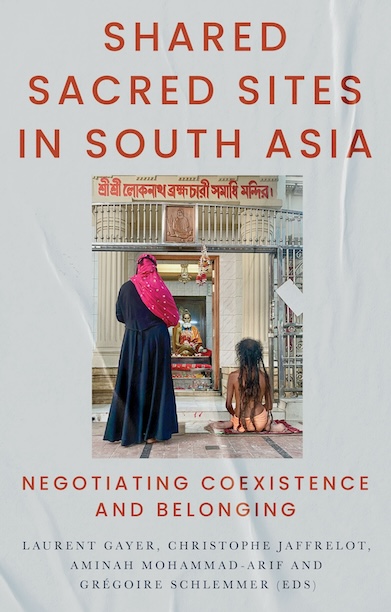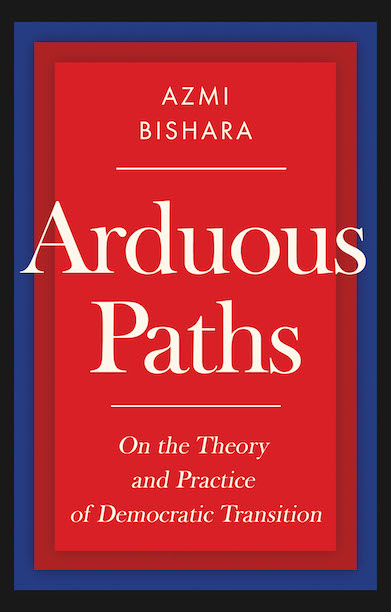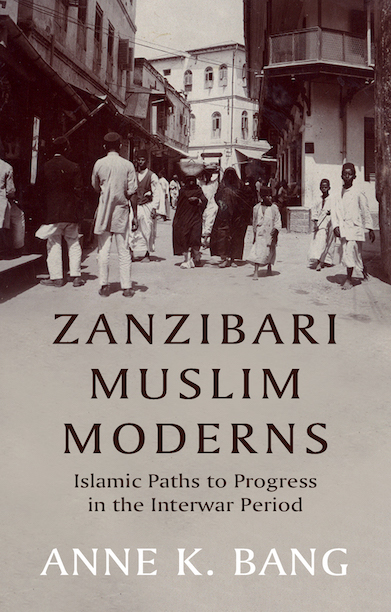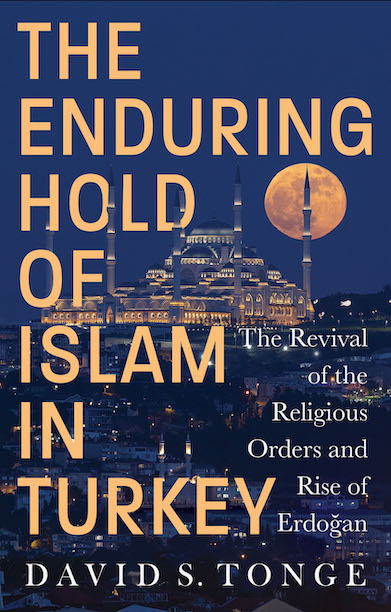The Hijaz
The First Islamic State
Dahlan offers an alternative vision of Islamic governance through the history and promise of the Hijaz, the first state of Islam.
Description
The Hijaz, in the west of present-day Saudi Arabia, was the first Islamic state in Mecca and Medina. This new interpretative history offers a fresh vision of Islamic governance and law as a positive force for political reform in the Middle East and beyond.
Applying key Islamic principles of public good to contemporary life, Malik Dahlan challenges two dominant narratives. He reclaims the development of Islamic statecraft as the wellspring of collective identity and statesmanship in the Arab world, simultaneously influenced and disrupted by Westphalian statehood models and Enlightenment notions of self-determination. He equally rejects the appropriation of Islamic governance and the Caliphate concept by both the post-modern, non-territorial Al-Qaeda and the neo-medievalist ISIS.
Celebrating the history and untapped potential of a region where Arab leaders built the ideological foundations of an emerging polity, The Hijaz is a compelling alternative analysis of governance in the Arabian Peninsula and the global Islamic community, and of its interaction with the wider world.
Reviews
‘[The Hijaz is a] timely publication, thoroughly researched, well-organised and superbly written.’ — The Muslim World Book Review
‘The current seismic changes occurring in the Middle East, particularly in Saudi, make this the ideal time for the publication of this book. Dahlan masterfully and impartially examines statehood against the history of The Hijaz.’ — The Rt. Hon. The Lord Woolf of Barnes Lord Chief Justice of England and Wales (2000–5)
‘An important, incisive and original book that weaves historical, legal and political analysis of the much neglected Hijaz with an optimistic and well-argued appeal for a new way forward in the Middle East. Based on extensive archival research, and influenced by both Western and Islamic thought, The Hijaz causes us to re-examine what it is to be a nation state.’ — Louise Richardson, Vice Chancellor, University of Oxford, and author of What Terrorists Want: Understanding the Enemy, Containing the Threat
‘As the ‘modern Middle East’ endures more internal and external stresses that threaten to dissolve familiar boundaries, this unique, timely and invaluable historical and legal study looks into the past to offer inspiration for the future. A must read for anyone interested in this troubled region.’—Bilahari Kausikan, Chairman of the Middle East Institute, National University of Singapore and Ambassador-at-Large of the Ministry of Foreign Affairs, Singapore
‘In this highly original study, Dahlan examines the two brief occasions on which The Hijaz enjoyed statehood (the early seventh and early twentieth century), arguing for a renewal of its autonomy so that it might offer a positive model of Islamic governance in a region racked by violent politics.’—Robert Hoyland, Professor of Late Antique and Early Islamic Middle Eastern History, New York University
‘As the birthplace of Islam, The Hijaz has shaped Muslim history as well as memory in important ways… an engaging account of the way in which a region burdened with a world-historical past came to assume a short-lived political character.’ — Faisal Devji, Reader in Modern South Asian History and Fellow of St. Antony’s College, University of Oxford
Author(s)
Malik Dahlan is Principal of the Institution Quraysh for Law and Policy, Senior Research Fellow at the Rand Corporation and Chaired Professor of International Law and Public Policy at Queen Mary, University of London. He studied at the University of Jordan and Harvard University, and holds a habilitation professoriate from Al-Azhar University. He is from Mecca.
